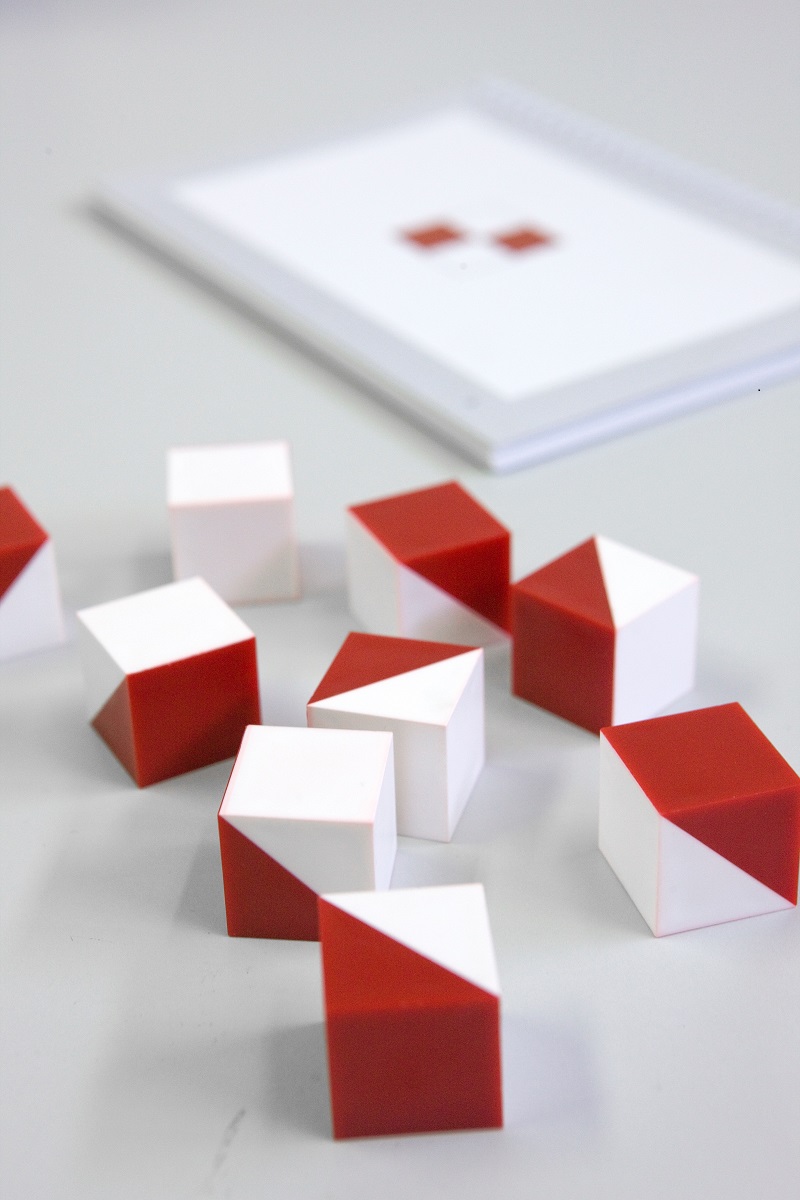Psychological Tests Toronto
Dr. O’Connor, a Toronto psychologist, uses a broad range of psychological tests and assessment measures to assess children, adolescents and young adults in Toronto (St. Clair & Yonge), and the surrounding area. The psychological tests she relies on access concerns and strengths across numerous neuropsychological domains. These include measures of sensori-motor functions, visual-spatial functions, auditory processing skills, learning and memory, measures of attention, processing speed and executive functions, as well as general intellectual ability. Psychological tests also include measures of social, emotional and behavioral functioning.
Psychological tests assist Dr. O'Connor in assessing the young person's psychological strengths, as well as his/her psychological challenges and needs. Dr. O'Connor's psychological assessments reflect her post graduate training in school neuropsychology and assist her providing in depth comprehensive psychological assessments to her young clients. Her psychological assessments provide information from various psychological tests, and other measures about how the young person is functioning across a range of neurocognitive domains, when compared to same aged peers. These include the social, emotional, behavioral and cognitive/learning domains.

What Are Psychological Tests?
Psychological tests form the core of Dr. O'Connor's Toronto psychological testing and assessment services.
They comprise various informal measures such as questionnaires and checklists, as well as standardized norm referenced measures. These latter measures allow the psychologist to compare how the young person performs on particular measures, and across various psychological constructs, compared to others the same age. Standardized, norm referenced psychological tests allow the psychologist to calculate significant weaknesses and/or strengths across the young person's test performance, and across various assessment based measures.
The psychological assessment involves much more than the administration and the scoring of psychological tests. Or the tabulation, summary and recording of test scores. The clinician must also provide a comprehensive analysis of all test results, and then develop an understanding of how all the pieces fit and work together to explain the young person's psychological concerns, and how to address them. This includes the development of evidence based interventions to help enhance the young person's psychological resilience and coping skills.
Psychological tests help the psychologist get beneath the surface to uncover the multiple factors that are contributing to psychological concerns in the young person.
What Do Psychological Tests Measure?
Psychological Tests fall into various categories. They include tests of intelligence, academic achievement and social, emotional and behavioral functioning. Psychological tests also measure various neuropsychological processing skills, such as auditory/phonological and visual/spatial functioning. Psychological tests provide measures of the young person's verbal and nonverbal reasoning and/or problem solving
skills, their language and academic skills, such as verbal comprehension, written language, reading and math skills. Behavior rating scales are also included to measure the young person's social, emotional and behavioral functioning.
Psychological tests measure learning and various memory skills, including both verbal and visual memory. Other psychological tests, or sub-components of these tests measure sensorimotor functions, processing speed, attention and executive functions.
In addition to a battery of standardized norm referenced psychological tests, the assessment also includes informal measures such as questionnaires and checklists, developmental information, interviews, school and/or medical records, previous assessment results, projective measures and observational data.
The Psychological Testing Process
Psychological testing is not just a one size fits all process. Just as considerable time and expertise is required to provide an appropriate analysis of the test results, and how they play out for each particular client, planning is also required to choose the psychological tests that are most appropriate for each individual client. No two clients are alike, and each client will benefit from a battery of different tests that are unique to her particular needs. The assessment is tailored to the individual needs of each client.
Licensed clinical psychologists have many years of training and are qualified to conduct and supervise the psychological testing process. They are not only trained to administer and score the tests, but to analyze and interpret them, and make diagnoses when appropriate and develop evidence based treatment plans. The testing and assessment process is designed to make sense of the results for each individual client and to ensure that the client receives interventions tailored to his or her individual needs.
The psychological testing process usually follows a set plan, tailored to the individual client, and is designed to determine what is contributing to the young person's concerns. Psychological tests help explore a range of concerns in a young person. These include academic and learning problems, social, emotional and behavioral concerns, various psychological strengths, including giftedness, as well as developmental delays. Dr. O'Connor also uses psychological tests to help explore attachment and trauma related issues in young people, as well as the psychological affects of a concussion or Mild Traumatic Brian Injury, or other school neuropsychological concerns, such as learning disabilities.
To learn more about Dr. O'Connor's Assessment and Testing services for children, adolescents and young adults, click here.
To learn more about school neuropsychology and the comprehensive training and assessments that are associated with this filed of study, click here.


